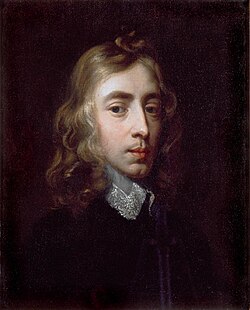John Milton (1608–1674) was one of the greatest English poets, renowned for his epic poetry, political writings, and profound influence on English literature. Born in London and educated at Cambridge, Milton was a deeply learned scholar fluent in several languages and well-versed in classical literature, theology, and history.
His early poetry, such as L’Allegro and Il Penseroso, reflects his love of Renaissance humanism and pastoral beauty. However, it was during and after the English Civil War that Milton emerged as a public intellectual. A committed republican and Puritan, he wrote influential prose works like Areopagitica (1644), a passionate defense of free speech and press freedom.
Milton’s magnum opus, Paradise Lost (1667), is considered one of the finest epic poems in the English language. Written in blank verse, it explores the biblical story of the Fall of Man with philosophical depth and grand poetic imagination. The character of Satan in Paradise Lost is particularly complex, often interpreted as both a tragic and rebellious figure, which has sparked centuries of critical debate.
Despite going blind in his later years, Milton continued to write. His other major works include Paradise Regained and Samson Agonistes, which reflect his theological concerns and tragic sensibility.
Milton’s poetry is characterized by its elevated style, rich imagery, and intellectual rigor. His fusion of classical form with Christian themes helped shape the future of English literature. As a poet and thinker, Milton remains a towering figure whose works continue to resonate with readers and scholars alike.


